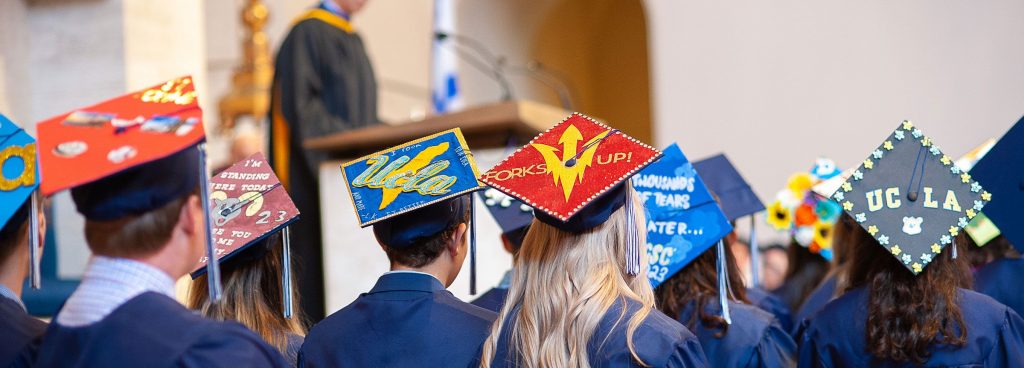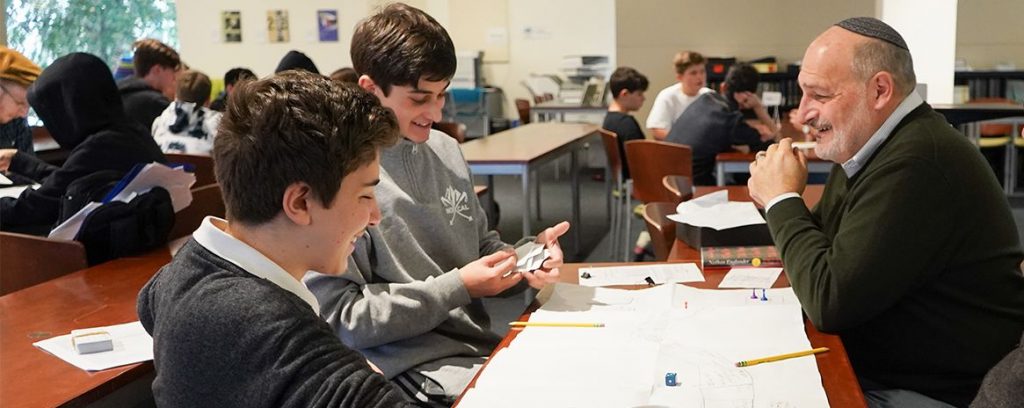Innovation Mindset: Chutzpah & Humility
by Rabbi Howard Jacoby Ruben, Head of School
The Torah reading cycle this summer draws our attention to humility. From the Torah reading that starts Summer Break to the one that ends it. From Behaalotcha in June that calls Moses “the most humble person in the world” to Shoftim in August that warns any king of Israel “not to feel superior to others.” Humility seems to be a core theme.
But Torah humility is not about debasing or diminishing oneself. Rather it is about finding ways to balance humility with Chutzpah. Moses and the kings of Israel did not lead from subordinate positions of weakness. Rather they developed the courage of their own convictions actively tempered by compassion to understand the convictions of others. The type of humility that leads to original thinking. (More about Moses and David below.)
This biblical model of humble leadership offers a powerful framework for education. It is at the core of JCHS’ educational philosophy of cultivating original thinkers through a program that is rigorous and rewarding, that celebrates creativity and innovation, and sees and celebrates each student’s uniqueness.
Just as students have summer reading, JCHS educators take on professional development work over the summer. This summer they are choosing among three different books: Jonathan Haidt’s The Righteous Mind: Why Good People Are Divided By Politics and Religion, Yossi Klein Halevi’s Letters to My Palestinian Neighbor, and Danny Sokatch’s Can We Talk About Israel?.
The common thread running through all three is how to cultivate original thinking through a blend of humility and chutzpah. These three authors demonstrate that the most original thinking emerges not from ideological purity but from the intellectual courage to hold multiple, even contradictory truths simultaneously. For instance: Haidt reveals how moral reasoning serves intuitive foundations we rarely examine; Halevi maintains his deep Zionist conviction while genuinely acknowledging Palestinian legitimacy; Sokatch refuses to reduce the Israel-Palestine conflict into tribal narratives.
They show how creative breakthroughs come from engaging seriously with the strongest versions of opposing viewpoints rather than dismissing them – transforming intellectual tension into generative insight. This is the original thinking muscle that JCHS seeks to build in each student and educator.
This mirrors the approach of biblical figures like Moses and King David, each of whom exemplifies how revolutionary leadership requires the courage to challenge conventional wisdom while maintaining deep respect for human dignity and divine authority.
For instance, when God threatens the Israelites after the Golden Calf, Moses challenges God arguing that harming the Israelites would weaken God’s reputation. (Exodus 32:11-14). Breathtaking chutzpah: Moses coaching God on public relations. On the other hand, Moses constantly deflects personal glory as when offered the chance by God to be rid of the Israelites and become the founder of a new nation, Moses refuses. (Exodus 32:10)
Similarly, when the young David encounters Goliath, he shows original strategic thinking combined driven by supreme confidence. David sees a spiritual path to victory when seasoned warriors see an impossible military challenge. (I Samuel 17). On the other hand, when the prophet Natan confronts King David over his treatment of Batsheva and Uriah, David accepts moral accountability demonstrating extraordinary humility that was revolutionary for ancient monarchs. (II Samuel 12).
May our summers be filled with new adventures, a break from the daily routine of school life, and offer the space for reflection and growth that allows us to practice this balance of conviction and curiosity.
Have a wonderful summer!









